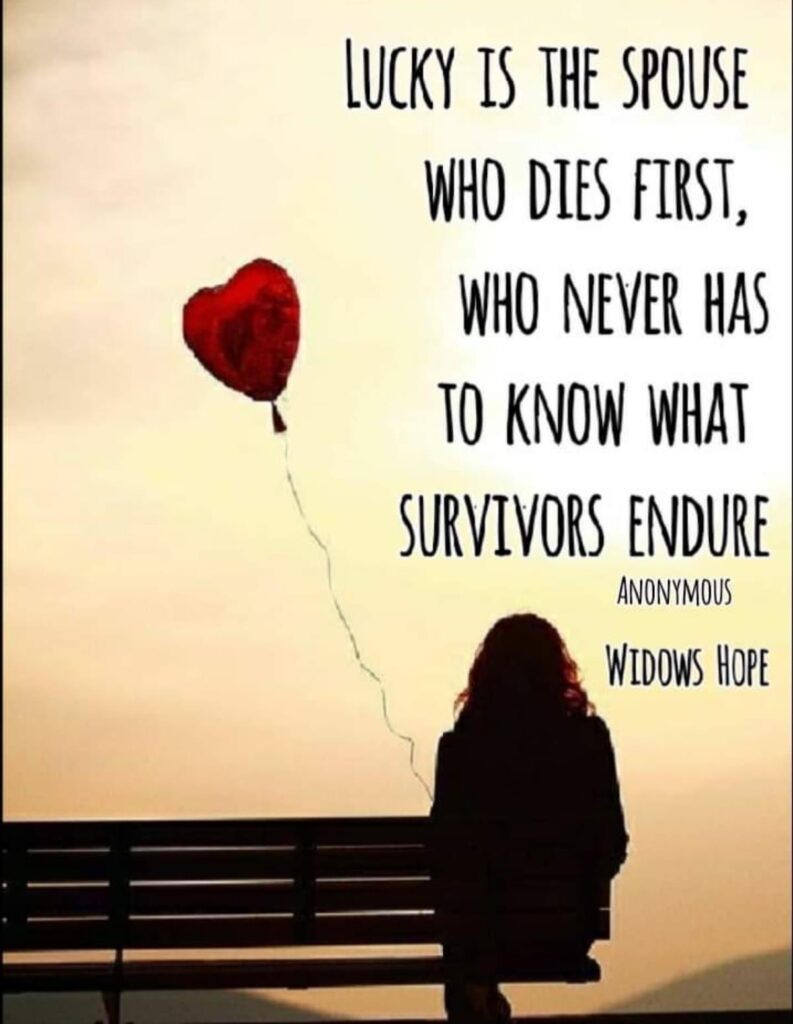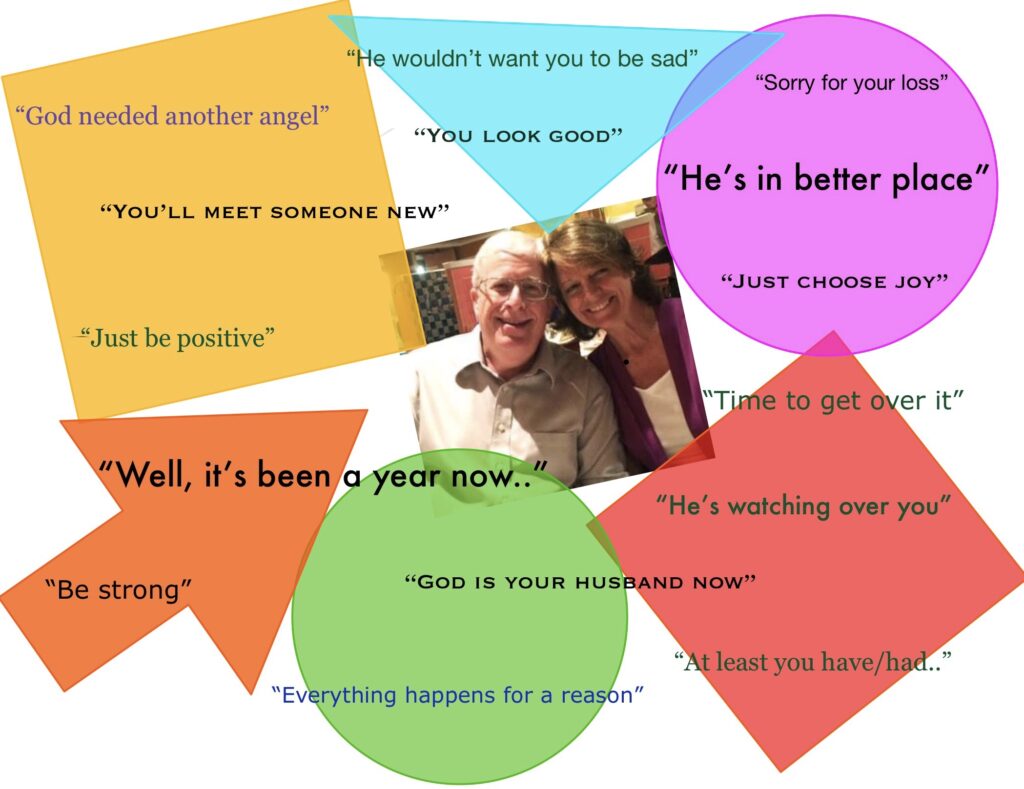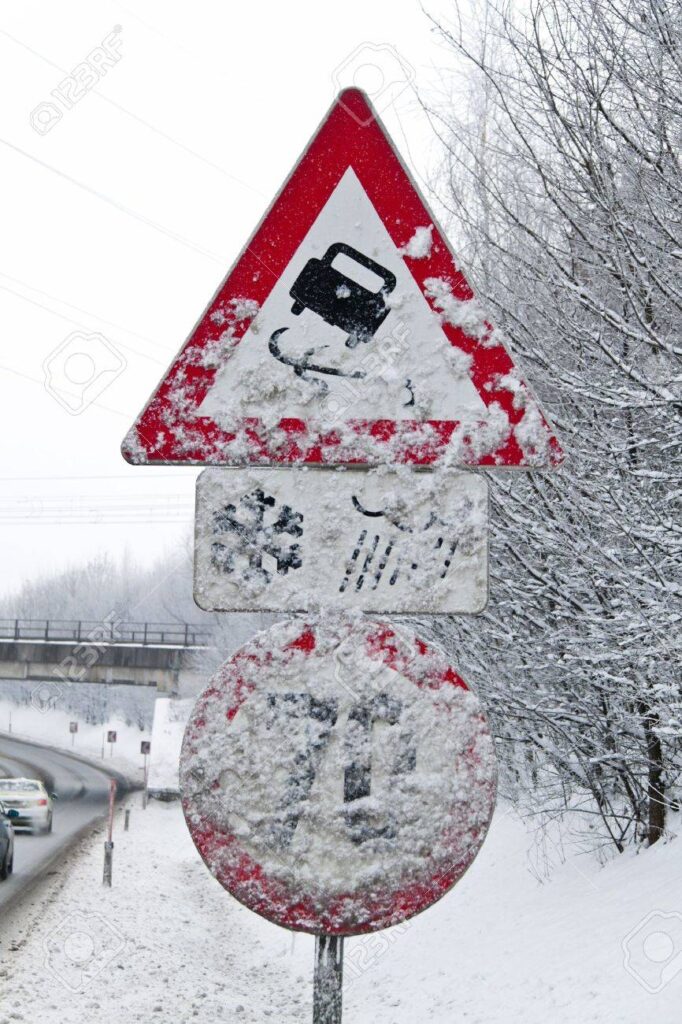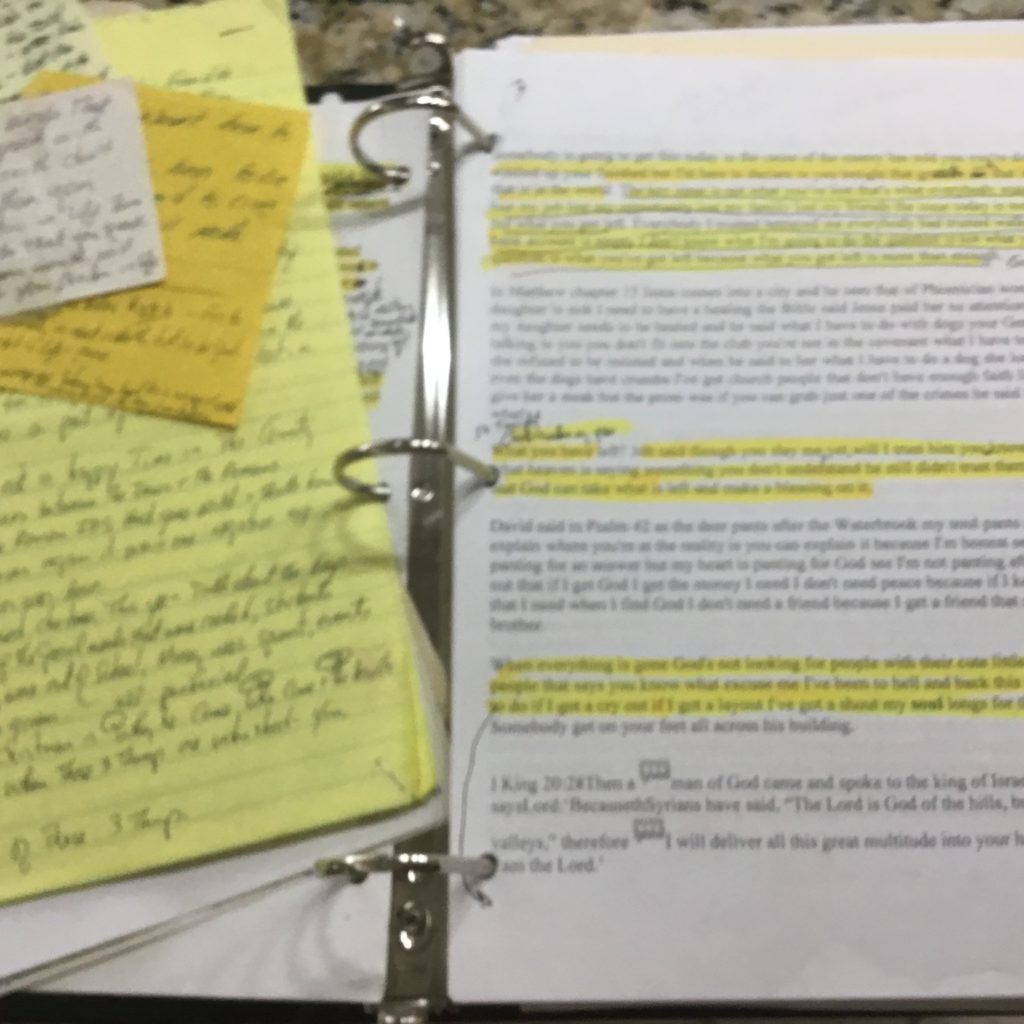by: diane.connis@gmail.com
“He’s in a better place.” 
We all say it and it’s not that I don’t believe it. Someone like me, who cut my preschool teeth on the doctrines of the church and has spent my entire life processing through the principles of my Biblical heritage, certainly believes the claims made by Christ himself and others in scripture:
“For God so loved the world that he gave his one and only Son, that whoever believes in him shall not perish but have eternal life.” John 3:16
For my Father’s will is that everyone who looks to the Son and believes in him shall have eternal life, and I will raise them up at the last day.” John 6:40
“For we know that if the earthly tent we live in is destroyed, we have a building from God, an eternal house in heaven, not built by human hands.“ 1 Corinthians 5:1
To the believing thief on the cross Jesus said, “Today you will be with me in paradise.” Luke 23:43
To all of us who believe we return to God when we leave here, to all of us who affirm, “To be absent in the body is to be present with the Lord” (2 Corinthians 5:8), we instinctively know those who die before us are in a better place.
The problem is they’re not HERE with us. Not anymore. Not ever again in this life. And that matters. A lot!
Mike’s absence created a falling domino effect of chaotic change, problems, logistics, emptiness, longing, yearning and loneliness, impossible to describe. A grief so deep and guttural I knew it could rip me apart.
I‘m not one to engage in comparisons of what is worse. Death is hard, for those left behind, regardless of how it comes. Maybe if he had been sick over a span of time, maybe if I had to watch him disintegrate through prolonged suffering I could say this platitude with more acceptance. But the brutal long goodbye was not my experience so I can’t know. We had no goodbyes at all. He was here. He was fine. Then in a moment he was gone.
Yes, undoubtedly he is in a better place. But while Mike is there, I’m not, and the knowing of this does not balance the scale of grief. However it occurs, our person being in a ‘better place’ is still that person gone for the rest of our life. What I do know, is that in the early raw days of his death, hearing this statement wasn’t comforting. At all.
What this statement repeatedly told me is Mike is doing great, he’s fine, but my loss, my pain, the fact that I am most certainly not in a better place without him didn’t matter. What I was suddenly up against, this tornado turn of events, felt unacknowledged and completely negated by reassurance that all was well for him, while everything that was normal and secure for me was spinning out of control.
Of course, there’s no intention of harm when we repeat these catch phrases in someone’s loss. Nothing I say here is meant to criticize only inform. Often we’re so uncomfortable in the stark reality of another’s grief, we feel the need to offer something and these Hallmark card sentiments are all we have.
The truth is there are no words to cheer up the reality of death and for certain nothing can ‘fix’ it. Nothing can begin to fill the void, replace the absence or replenish the emptiness. Nothing but acknowledgement of suffering and personal presence.
At times the overwhelming emotion and personal isolation of grief can also minimize these but with time (lots of it), patience, understanding, listening, hugs, prayer and practical help, we can validate and enter into another’s suffering.
“I’m so sorry, but I‘m here. I‘m with you. As much as I can be. For as long as you need,” is the best offering we can make.

|
by: diane.connis@gmail.com
Those grieving a loss hear this one often, “But he/she would want you to be happy.”
So what does this really mean? Don’t grieve for them? Pretend the one human, who for the most years and who gave the most meaning and joy to life, is still here?
Impossible!
The thing is, no one gets to tell you how to grieve. Not even your deceased person. Not even THEY get to dictate how much you hurt or how much you miss them because they’re gone. 
Would Mike want me to be happy? Of course. One of his goals in life was to keep me happy (and I him). But neither of us could ever know how hard it is to be happy without the other.
We don’t know how to minimize the giant hole that just opened up and sucked everything that was normal, safe and stable into it so mourners resort to masquerading happiness because that makes everyone around them back off and feel better.
The fresh, horrid grief of those early days has subsided and I finally experience moments of happiness. Small rays of light in the darkness that is Mike’s absence. But it’s taken this long and still, after all this time, an underlying operating system of continual sadness runs in the background of everyday life.
And that’s the point. We can’t rush people back to cheering up or looking on the bright side. The bright side looks bleak and dim for someone who has suffered such monumental loss. Rebuilding an unwanted life from the ground up takes time.
Trish Harrison Warren, author of Prayer In The Night: For Those Who Work or Watch or Weep, says, “We are taught to minimize grief.”
Allow grievers the time they need to be in their sorrow, let the trigger tears and heart crushing pain play out. Weep with those who weep, for as long as they weep.
Eventually we will rejoice with them, because we stayed around long enough to see them discover joy again.
Only then are we better practiced in comforting the broken hearted.
|
by: diane.connis@gmail.com
So what are grief-isms and why do I think it’s essential to talk/write about this?
Grief-isms are a term I created to describe the cliched sayings we use when someone experiences a profound death loss. Most of these axioms I found unhelpful, non-comforting and sometimes annoying, especially in the early days and months of my experience. 
At first I thought I might be a bit crazy but after talking to many people who have had significant loss, especially of a close relationship - spouse, child, parent, sibling, best friend - attending GriefShare group multiple times and following several internet based widowed, grief and loss groups the past several years, I realize I‘m not alone in this opinion.
First of all, not one of us can fully understand death grief, especially early stage, until it’s experienced. And no one knows how they’ll react in it until it happens to them. I‘ve compared it to someone telling me how to labor and deliver a child to actually doing it. There’s knowledge of what it might be like, then there’s being up to your eyebrows in the middle of it. It’s overwhelmingly intense and painful! And you gals who’ve had a baby or two know exactly what I mean.
It’s extremely important to know how intimacy and closeness drive the level of grief when trying to support someone through a loss. The depth and duration of grief is equal to the intimacy and duration of the relationship you, your friend or family member had with the person who has died. They will grieve harder and longer for a child, spouse or family member, than an acquaintance or non-immediate family member rarely seen.
Also important to understand, is how intense grief effects lessen with time but never totally disappear and anything can trigger a fresh but (probably) shorter response. There is no proper time frame for a person to ‘get over’ a person who has died and ‘move on’. These are also cliched terms that should always be avoided.
All the love, investment and history you have for and with a person doesn’t fade out or shut off once they’re gone. Like I keep saying, There’s No Off Switch! Our people become an intricate part of us and have shaped who and what we are. Forty two years of life with my late husband and four years without him is a no win comparison and I can’t just move on to a happy, slappy brand new life as if he never existed, once the memorial service is over or the headstone is on the grave.
I‘m not here to demoralize or criticize any of us. No one wants grief education. Who in the world volunteers to join the ‘someone I love with all my heart has just died’ club? We don’t like talking or thinking about being without our best people. I get that. Since Mike was a pastor I was exposed to death, funerals, burials and the depths of human sorrow more than most. I realize now I was often just as clueless as anyone, in the face of another’s suffering and said some of these same cliched statements to people in their loss. I openly apologize to you if you were one of these people and hope you can forgive my previous ignorance.
If we all live long enough, we and others around us will likely loose someone dearly loved, so it’s crucial to practice being good comforters, to know how to be with another in their deepest pain.
The purpose of the blog posts that follow is to share my heart around some of these specific grief-isms and why they weren’t helpful. I pray this information will help all of us be better supporters of the grieving when the need arises.
Coming up next: Grief-ism #1, “He would want you to be happy.”
|
by: diane.connis@gmail.com
 We were driving a main street through Portland, Oregon on a winter day in the late 1970’s. This particular road consisted of five wide lanes, two each headed in opposite directions with a central turn lane. We were driving a main street through Portland, Oregon on a winter day in the late 1970’s. This particular road consisted of five wide lanes, two each headed in opposite directions with a central turn lane.
It was a quieter morning than most, less traffic than usual, because Portland, known for it’s damp, gloomy, rainy winters with temperatures hovering in the high thirties to mid-forties, had experienced an overnight thermometer drop low enough to coat the city with a rare inch or so of snowfall; enough to close schools and a host of other businesses and keep people home.
Since Mike and I had recently moved there from upstate New York and were accustomed to far worse winters, we shrugged it off, warmed up the car and headed out. What we forgot to remember was the frozen rain covered surface beneath the snow.
We confidently motored down the slightly hilly street, commenting on how few cars there were around us on a normally busy thoroughfare, joking about the Portland wimps afraid of a little snow, when our car suddenly began to slide out of control. Mike immediately attempted all the skills learned in his years of northeast winter driving, but there was no stopping it. No way to control the free slide we found ourselves in as the car began to pick up speed while spinning in circles across all lanes, heading straight for a power pole on the opposite side of the road.
Suddenly heart pounding, pulse racing, breathtaking helpless fear loomed in the horror of grim possibilities just outside the vehicle and we were immediately panic paralyzed inside our out-of-control yellow Toyota.
Such is the nature of grief. And most severely in the early days and even early years of a death experience. One moment we are riding confidently, securely on the road of life when suddenly a significant loss plunges us into a free fall of heart stopping, breath sucking despair, panic and anxiety. There’s no stopping the flow of turbulent emotions and change that constantly pulse, swirl and crash over us moment by moment, hour by hour and day to day.
Because we are humans who form deep bonds and connections with others - spouses, children, family, friends - we struggle to control the slide and spin a death creates. The sudden absence of a person we intensely intertwined into most of our days, loved fiercely and counted on deeply, looms monumentally ahead. The future without them is grim and our immediate reality has few favorable outcomes.
After a few terrifying moments on that snowy Portland day, our little Toyota finished careening and spinning and came to a halt, facing the wrong direction on the wrong side of the road just inches from the power pole. Mike took a few seconds to catch his breath, thank God we were spared, then gripping the steering wheel with shaky hands, he pulled back out onto the street and drove us home.
I have no words to adequately describe what my late husband’s death has done on the inside of me. Mike took large chunks of me with him when he left. I may look the same on the outside but I am so far removed from the person I was on this same fateful day four years ago. Yet much of my internal careening and spinning has finally begun to subside during this past year and I can sit on the other side of this journey staring down a road of….what….??
For now, I only have gratitude for surviving. I can only thank God for being with me as I land just inches from the thing that almost destroyed me, Maybe now I can catch my breath and with a shaky heart venture back out into this unfamiliar life and see where it goes.
Without Mike, yes. The sadness of this reality will never end.
I constantly miss his presence in our lives. In my life.
But for whatever reasons he is gone and I’m still here.
I have to live.
I GET to live.
Dear Jesus, let this be the year that I figure out how to really live again
|
by: diane.connis@gmail.com
 “For now we see through a glass, darkly, but then face to face. Now I know in part; but then shall I know, even as also I am known.” 1 Corinthians 13:12 “For now we see through a glass, darkly, but then face to face. Now I know in part; but then shall I know, even as also I am known.” 1 Corinthians 13:12
I‘m still sorting through my late husband’s forty years of sermons, thoughts and reflections, written on paper scraps, napkins, post-its, notebooks, stacked in drawers and cabinets.
When I think I‘ve exhausted the collection, I find more. I’m organizing the typed copies into a three ring binder but most I won’t keep. There’s too many, and since Mike’s penmanship was equivalent to a doctor’s handwritten prescription, they aren’t legible without a lot of effort.
This morning, the grief journal I’ve kept since his death, received this entry:
“Now that you’re gone from the limits of time and earth knowledge, into the presence of God, the question running through my mind, as I sort years of your study, interpretation and thought process is, how much of all this is complete truth? How much of it could be misinterpretation? How much of it is just a drop in the ocean of what is yet to be discovered about who God really is? I wish you could tell me what you know now, compared to what you THOUGHT you knew when you were here.”
Humans like certainly. I know I do. It helps us feel ordered, safe, smart, disciplined. Technology has opened up a world of opinion, belief, ideals and thought to sift and categorize. And those of us who read, study and share the Bible, often think we have the corner on figuring out exactly what it means, who God is and what He might want from us.
According to recent statistics, “there are more than 45,000 [Christian] denominations globally. Followers of Jesus span the globe. But the global body of more than 2 billion Christians is separated into thousands of denominations.” ~Feb 27, 2021, livescience.com~
If true, it’s obvious no one holds the market on certainty with so many Jesus followers (me included) united in their belief of his existence - his birth, life, ministry, death and resurrection - but fractured on the finer points of Biblical content and context.
My late husband dedicated his life to discovering who God is and sharing what he believed. There’s nothing wrong with that. But as I slowly reduce the pile of paper he left behind, I’m thinking we see little more than the tip of the iceberg on what remains to be known.
When the Apostle Paul talks about “the manifold wisdom of God” in Ephesians 3:10, maybe he was thinking the expanse of who God is never ceases to unfold. He is mysteriously and interestingly complex, variegated and multifaceted and if we think we ever have the entirety of His loving greatness decoded, we are deceiving ourselves.
“For we know in part, and we prophesy in part. But when that which is perfect is come, then that which is in part shall be done away.” Corinthians 13:9-10
What does Mike know that we have yet to discover?
With open hearts and minds we continue to probe the mysteries of God, until our own glass is dark no more.
|